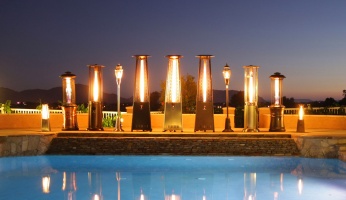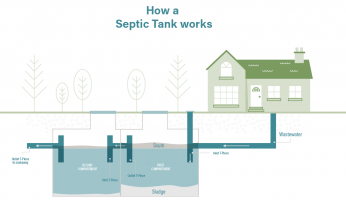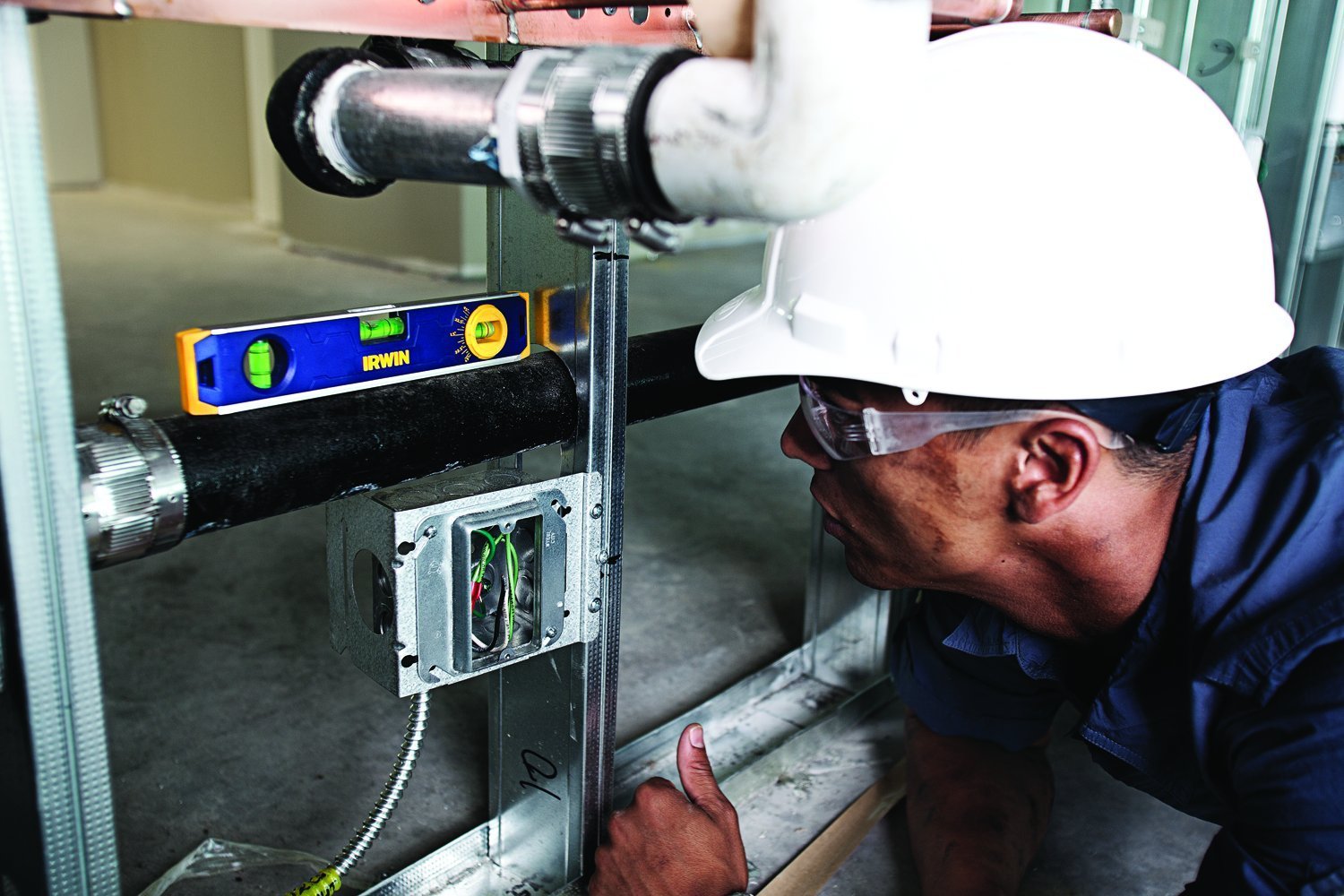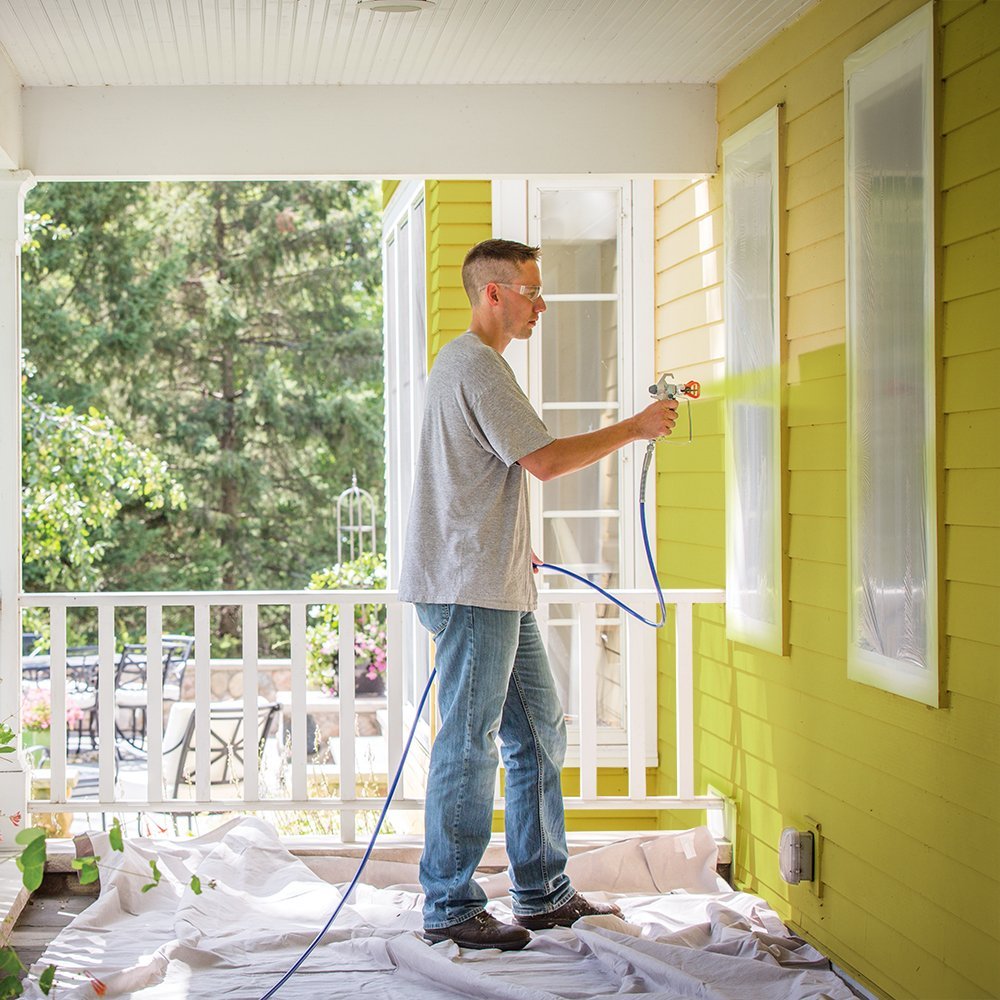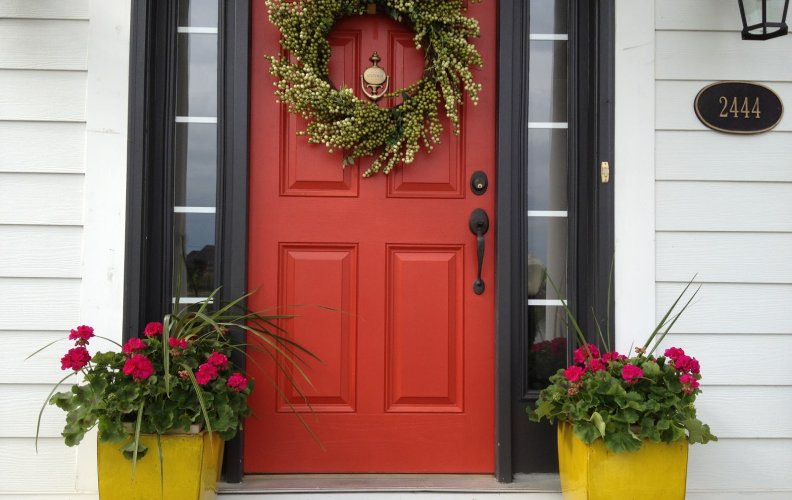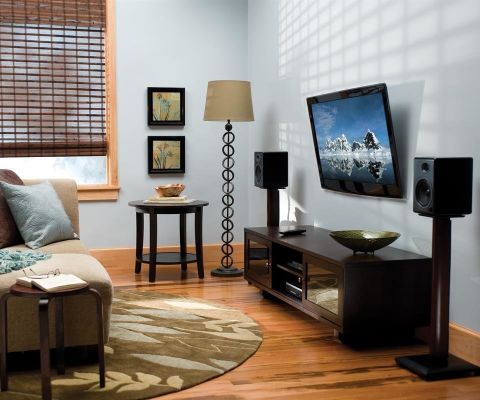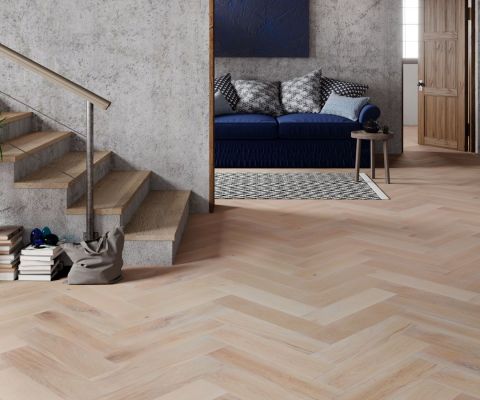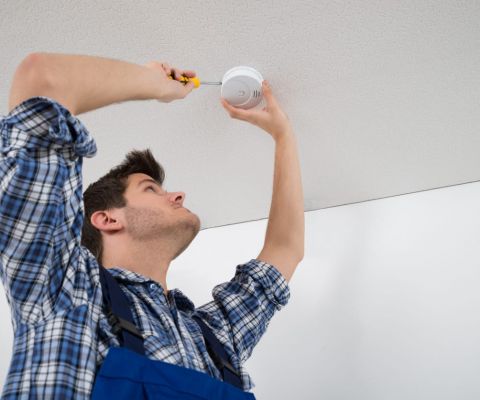- No Obligations
- Stop Paying Too Much For Your Contractor
- No Spam Calling
- Screened & ID Checked Contractors only!
Childproofing Your Pool: a Guide to Child Safety Around Your Pool Area
0
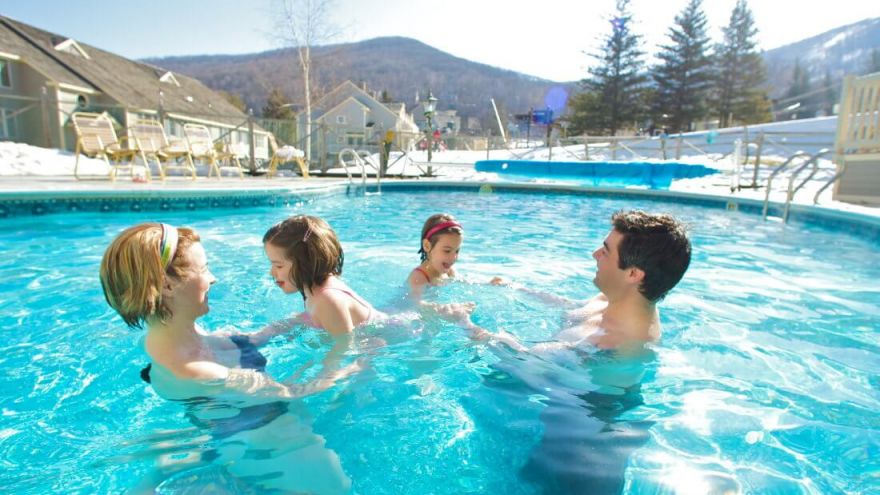 Childproofing Your Pool: a Guide to Child Safety Around Your Pool Area
earlyexperts.net
Childproofing Your Pool: a Guide to Child Safety Around Your Pool Area
earlyexperts.net
When temperatures climb, the house with the swimming pool is a sanctuary. Everyone gathers there, from all over the neighborhood, each looking for a little respite from the heat.
It may be hard to imagine playing pool games and eating grilled food poolside in bathing suits, what with January and the bitter cold weather approaching.Still, that shouldn’t stop you from imagining what it might be like to have a little tropical paradise in your own backyard.
You might even get yourself so excited at the prospect that you start seriously thinking about installing a pool yourself! Awesome!
You won’t regret it! There will be a ton of considerations to make, most of them concerning the fun stuff like coping style, and liner color, or whether or not you will install a diving board or slide.
Still, there are some serious conversations to have, especially if you are the parent of young children.
The bottom line is swimming pools are dangerous when children cannot swim or when they do not adequately respect what can happen if they are not careful.
In fact, there is a disproportionate amount of drowning fatalities to young children in states that are more densely populated with swimming pools than average. That fact seems obvious. Of course more children will drown in areas with more pools.
The magnitude of that is not fully realized, though, until you consider that in some regions of these states drowning deaths occur more often than those from traffic accidents.
With that in mind, it is pretty clear why teaching children how to swim and pool safety at a young age is imperative, and while it is a step in the right direction, these lessons alone are not the be the be all end all. There is still much you must do to create a safe environment around your current or future pool area.
In this article we walk you thought exactly how to create the safest pool area possible to ensure that your children and all the neighborhood kids can enjoy your swimming pool while giving its potential hazards deserving respect.
Protecting the Pool
One way to ensure pool safety is to create barriers that do not allow anyone access to the pool unless you (or another adult you trust) is present. In many states, these are actually mandated as a sensible protective measure to limit unnecessary harm.

Get This Solar Pool Cover Here
First a foremost, you pool should be fenced in and that fence should possess a locking mechanism of some sort. In the winter, you should absolutely have a pool cover, which you will want to do as a general pool maintenance practice, but has also been known to save lives when children, animals, and even house guests mistakenly walk across snow covered pools.
Pool Covers
The primary purpose of the pool cover is to keep large amounts of leaves and other brush out of the water for the next opening season. Somewhere along the line, though, they also emerged as a safety measure.
Covers have become more and more durable. Some companies even make claims of the various large implements their covers can hold. Really though, the baseline strength of your cover should be such that it is capable of supporting a human being.
Pool fence
Even with a cover, accidents happen. Some covers can rot and split over time and water can even accumulate on top of the cover, creating a sort of mini pool on top of the pool, if the cover is solid.
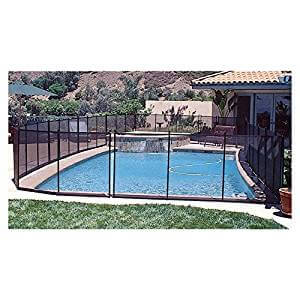
With that in mind, it is important to have your pool fenced in to some degree. That fence should have a self-closing and self-latching gate. This ensures that the fence is secure even if the last person to use the area forgets to lock up themselves.
Your fence must be five or six feet high, depending on the safety codes in your region. The spaces between fence posts can also not be too large, or what’s the point?
Pool Alarms
Yes, there is a such thing as a pool alarm, and it can go a long way to protecting your family and friends from a potential freak accident near your pool.
Essentially, a pool alarm is like any other alarm. Once armed, it will sound if a heavy object breaches the surface of the water.
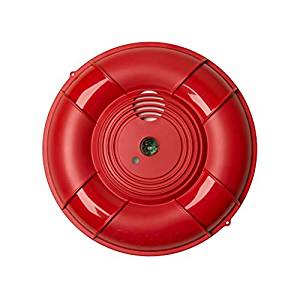
There are also types that shoot rays of light through the water. When the rays are broken, like by an object in the water, the alarm will sound.
The problem with pool alarms, of course, is that if n oone is home to hear the alarm, it will simply continue to ring.
Pool Equipment
Your pool equipment should all gathered in the same place and fenced off from the pool area. This includes the heater, pump, chlorinator and any other equipment you may have outfitted to your system.
Chlorinators can be especially dangerous, and should be checked often to ensure lids are secure and there are no cracks or splits in the line where harmful chlorine gas may escape.
Your pool deck should be coated with non slip surface material so that the risk of a slipping injury is mitigated. If the pool is an above ground, it is a good idea to take pool steps out of the pool when it will not be in use.
It is also important to consider the type of picnic appliances you are using when you hold one of your renowned outdoor barbecues. Our suggestion is always plastic. Glass plates and real silverware near a pool is just an accident waiting to happen.
Electrical outlets are also potentially dangerous but these days, any outdoor outlet would be a Ground Fault Circuit Interrupter. This means that should the outlet or the implement plugged into the outlet take on an excessive amount of water, it will trip the breaker to shut off long before any electrician happens. Still it is in everyone’s best interest to keep electronics away from the pool area to the degree that that is possible.
Except of course, for a phone. Be sure to keep a cell phone or portable phone outside with you when children are swimming. This way if anything does go wrong you are able to quickly call for help.
While children swim, they should never be left alone, or left unwatched for even just a second. Here are some other safety swim time measure you can take in the best interest of the small children in your pool:
✓ Mark the pools deep end with a rope attached to floats. This way if a child is sinking they can attempt to pull themselves to the surface by the rope. The floating rope can also act as a marker for the limits of where young swimmers should not pass.
✓ Insist that young swimmers wear life preservers or floatation devices of some kind.
✓ Post pool rules that are designed to enforce safety measures above all things.
✓ Keep a first-aid kit nearby, as well as a life ring and a rescue hook.
✓ If it is your pool, get CPR and first aid certified. You can even take a group course with some of the other neighborhood parents whose children will ultimately be swimming at your house.
Suggested Pool Rules
Here are some suggested pool rules to help put safety at the forefront of everyone’s mind when visiting your pool:
✓ Non-swimmers must be accompanied by an adult in the water
✓ Children may not be in the pool area without an adult
✓ No swimming alone
✓ No running, pushing, or play near the pool area
✓ No diving
✓ No glass products by the pool area
✓ No swimming when rain or thunder is present
✓ No night swimming
Conclusion
At the end of the day, some accidents are not preventable, but when it comes to those that take place near the pool, there is much that can be done to mitigate risk.
Think of pool safety in terms of categories. For our purposes there are pool rules, preventative measures, and barriers.
Rules are just that, while preventative measures are those things you can do to increase safety near the pool. These include having CPR certification and keeping a first aid kit nearby.
Finally, barriers are the fences, covers, alarms, and general impediments you place between your children and the potential danger of the pool when no one is around.
With these things in place, you ensure you are prepared for the worst that can happen, hoping it never does, but gaining a little peace of mind heading into the summer season.

